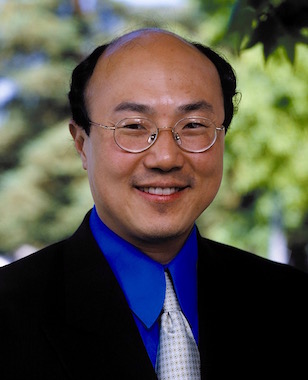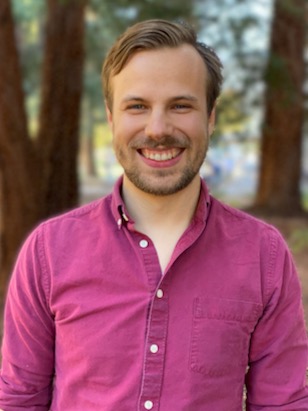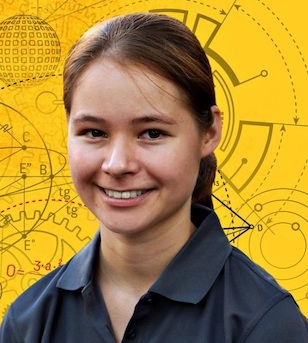People
Principal Investigator

Thomas H. Lee
tomlee@ee.stanford.edu
Thomas H. Lee received the S.B., S.M. and Sc.D. degrees in electrical engineering, all from the Massachusetts Institute of Technology in 1983, 1985, and 1990, respectively. He was also awarded an Honoris Causa doctorate from the University of Waterloo in 2012 in recognition of his contributions to wireless technology.
He joined Analog Devices in 1990 where he was primarily engaged in the design of high-speed clock recovery devices. In 1992, he joined Rambus Inc. in Mountain View, CA where he developed high-speed analog circuitry for 500 megabyte/s CMOS DRAMs.
He has also contributed to the development of PLLs in the StrongARM, Alpha and AMD K6/K7/K8 microprocessors. Since 1994, he has been a Professor of Electrical Engineering at Stanford University where his research focus has been on gigahertz-speed wireline and wireless integrated circuits built in conventional silicon technologies, particularly CMOS.
He has twice received the "Best Paper" award at the International Solid-State Circuits Conference, co-authored a "Best Student Paper" at ISSCC, and was awarded the Best Paper prize at CICC. He is a Packard Foundation Fellowship recipient, as well as a Fellow of the IEEE.
He served for a decade as an IEEE Distinguished Lecturer of the Solid-State Circuits Society, and has been a Distinguished Lecturer of the IEEE Microwave Society as well. He holds approximately 70 U.S. patents and authored The Design of CMOS Radio-Frequency Integrated Circuits (now in its second edition) and Planar Microwave Engineering, both with Cambridge University Press. He is a co-author of four additional books on RF circuit design, and also cofounded Matrix Semiconductor (acquired by Sandisk in 2006). He founded ZeroG Wireless (acquired by Microchip) and is a cofounder of Ayla Networks. He served as MTO Director at DARPA from April 2011 to October 2012.
In early April of 2011 he was awarded the Ho-Am Prize in Engineering (colloquially known as the "Korean Nobel"), and in 2012 he was awarded the U.S. Secretary of Defense Medal for Exceptional Civilian Service for his work at DARPA.
Ph.D. Students

Gabe Buckmaster
gabe.buckmaster@stanford.edu
Gabe is currently a Ph.D. candidate in Electrical Engineering at Stanford University. His research focuses on scalable architectures for electronically steerable antennas for wireless power delivery and beyond. He is a recipient of the Stanford Graduate Fellowship.
Gabe received the B.S. degree in Electrical Engineering and Computer Science from U.C. Berkeley in 2014 and the M.S. degree in Electrical Engineering from Stanford University in 2016. He has held internships at Apple and Texas Instruments.
Yinuo Xu
yinuo@stanford.edu

Richelle Smith
smithrl@stanford.edu
Richelle Smith is currently a Ph.D. candidate in Electrical Engineering at Stanford University. She received the B.S. and M.S. degrees in Electrical Engineering-Electrophysics from the University of Southern California in 2017, and the M.S. degree in Electrical Engineering from Stanford University in 2019. Her research focuses on analog/RF integrated circuit design and analysis/theory of linear periodically time-varying circuits.
Richelle is supported by the Sang Samuel Wang Stanford Graduate Fellowship, National Science Foundation Graduate Research Fellowship, and USC Discovery Scholar Prize for graduate study.
Alumni
Ashwin Raghunathan
Tammy Chang
Nick Saiz
Moon-Jung Kim
Justin Snapp
Anand Dixit
Kanupriya Bhardwaj
Joel Dawson
Ramin Farjad-Rad
Ali Hajimiri
Arjang Hassibi
Maria del Mar Hershenson
Bendik Kleveland
Sunderarajan Sunderesan Mohan
Ömer Oralkan
Tamara A. Papalias
Hamid Rategh
Hirad Samavati
Derek Keith Shaeffer
Arvin Ramesh Shahani
Shwetabh Verma
David M. Colleran
Mona Jarrahi
Michael Mulligan
Junfeng Xu
Erik Anderson
Ali Kiaei
Jonathan Daniels